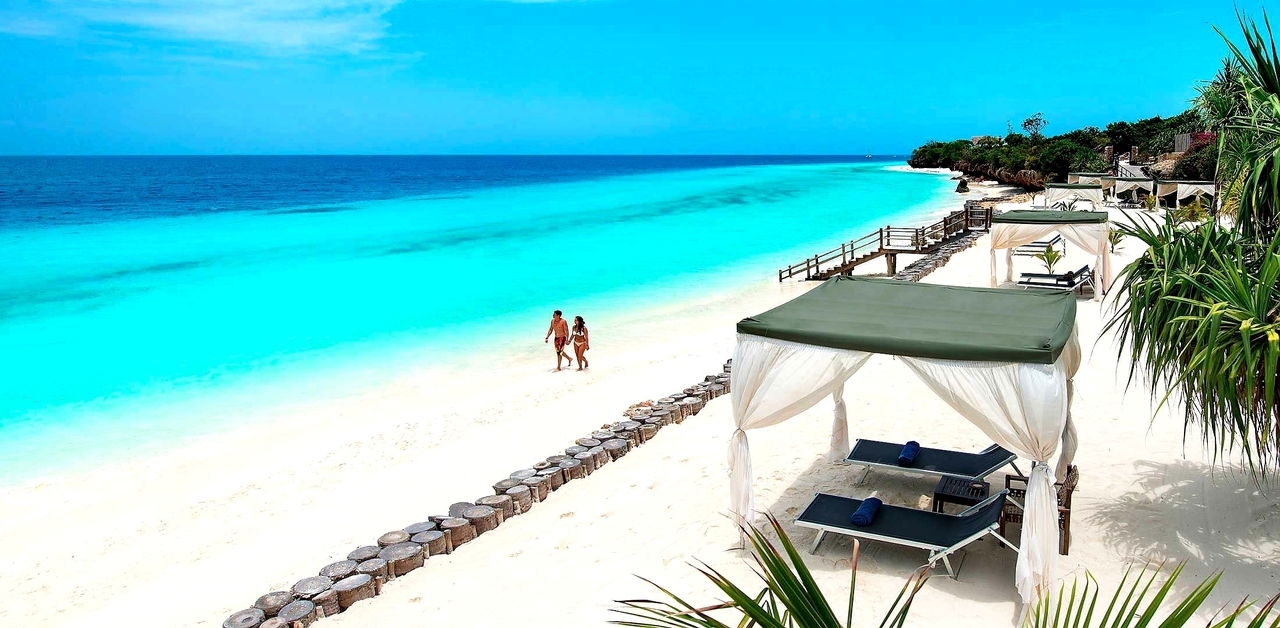Zanzibar is an archipelago located off the coast of East Africa in the Indian Ocean. The islands have a long and rich history that is closely tied to the Indian Ocean trade routes. Zanzibar was originally settled by Bantu-speaking peoples who migrated to the islands from the mainland. Over time, the islands became an important center for trade, with merchants from Arabia, India, and Persia establishing settlements on the islands. The islands were known for their production of spices, particularly cloves, which were highly prized in Europe and Asia.
In the 16th and 17th centuries, Zanzibar became a major hub for the slave trade, with slaves being brought to the islands from across East Africa before being sold to European and Arab traders. The abolition of slavery in the 19th century saw a decline in the slave trade, but Zanzibar continued to be an important center for commerce and trade. In the late 19th century, Zanzibar came under the control of the Sultan of Oman, who had established a colony on the islands. The British eventually gained control of the islands in the late 19th century, with Zanzibar becoming a British Protectorate.
After Britain left in 1963, the revolution of the native African Zanzibaris against the Arab Sultan took place in 1964 a few months later the same year Zanzibar merged with Tanganyika to form the United Republic of Tanzania. Today, Zanzibar is a semi-autonomous region of Tanzania, with its own government and president. Zanzibar today is a semi-autonomous region of Tanzania, composed of two main islands, Unguja and Pemba, as well as several smaller islands. The region has a population of around 1,889,773 million people with the majority living on the island of Unguja.
The population of Zanzibar is diverse, with people of African, Arab, and South Asian descent. The official languages of the region are Swahili and English, although many people also speak Arabic. Islam is the dominant religion, with around 98% of the population practicing the faith. The economy of Zanzibar is largely based on tourism, with the islands attracting visitors from around the world who come to enjoy the beautiful beaches, historic sites, and unique culture of the region. Fishing and the production of spices, particularly cloves, are also important industries. The islands are known for their beautiful beaches, rich history, and unique culture, which is a blend of African, Arab, and Indian influences. Zanzibar's economy is largely based on tourism, fishing, and the production of spices, particularly cloves.










0 comments for this post